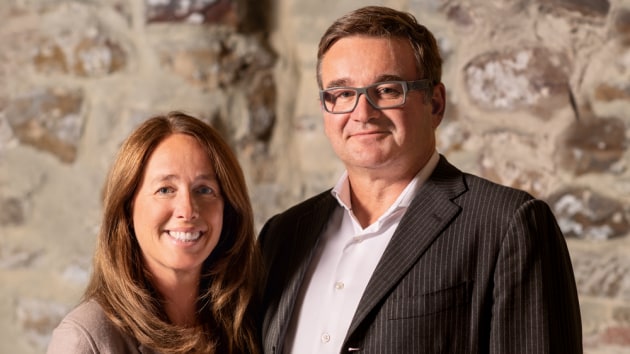Despite difficult market conditions, automation specialist Pilz achieved a record turnover of 403.3 million euro (AU$663.4 million) in FY22. As the company marks its 75th year in 2023, it is investing 38 million euro (AU$62.5 million) in production and production technology.
Pilz said the investments will be made at its production sites: its headquarters in Ostfildern (Germany), in Betschdorf (France), Bad Ragaz (Switzerland) and Jintan (China), expanding and renewing its SMD manufacturing, relay production and intralogistics.
Meanwhile, the record turnover represented sales growth of 15.8 per cent, with Pilz recording strong growth, particularly in Asia.
Pilz managing partner Susanne Kunschert said, “2022 was both a difficult and yet a positive year! We at Pilz have collectively managed to make the best of such adverse and imponderable economic conditions. That’s why we are very pleased with the good result.”

Image: Pilz GmbH & Co. KG
The results were presented by the third generation of managing partners, Kunschert and her brother Thomas Pilz, at the company’s annual press conference.
Kunschert said that when compared to figures from industry associations VDMA and ZVEI, Pilz’s turnover grew faster than the industry average.
“We owe this to our comparatively good delivery capability, and therefore to employees who work so tirelessly to ensure that we can manufacture and deliver today and in the future.
My mother Renate Pilz coined the phrase that we want to work not just with one another, but for one another. For one another for the customer. That makes us strong and is what has sustained us.
“For this my brother and I would like to take this opportunity to thank all our employees worldwide for their commitment and dedication in advocating for the company and our customers, day after day.”
She added that while supply chains have generally stabilised and component availability improved, “there can be no talk of sustained easing”.
“Individual components are temporarily no longer available from one day to the next. So one of purchasing’s main tasks is still escalation management. Although there is greater availability of semiconductors, for example, there is still a bottleneck. Goods must be allocated, and a delivery time of over a year is not unusual. That’s why Pilz continues to treat delivery capability as a priority. Our supply chain taskforce will remain,” she said.

At the press conference, the company also outlined plans, including expanding its safe automation solutions into industrial security.
Pilz managing partner Thomas Pilz said, “In the next few years, the whole of industry faces huge challenges regarding security. To guarantee productivity, machines must be protected from manipulation and unauthorised access.
“Companies must also adapt promptly to changing statutory provisions, such as the new machinery regulation or NIS II. We support our customers through this process.”
Pilz also spoke about the company’s commitment to sustainability.
“It is our duty to ensure that subsequent generations live in a world in which they can enjoy safety, health, and well-being. We want to work and manufacture in ecologically designed buildings, in a way that’s environmentally aware, energy-saving, and cost-conscious. That has always been enshrined in our corporate objectives. At Pilz we see sustainability holistically – for human, machine, and the environment.

as well as in expansion of its production
capacities. Image: Pilz GmbH & Co. KG
“We have published our first Pilz sustainability report in accordance with the German Sustainability Code. The second, international report will follow this year,” he said.
He said the business is also minimising its CO2 emissions and have calculated its CO2 footprint for its products.
“The result: in this case, polycarbonate housing accounts for the largest share of CO2 emissions. That’s why our development department is working hard to switch to “greener” plastics. What’s more, we are cooperating closely with the University of Linz in a research project to develop more environmentally-friendly materials.
“Our devices that are used for machinery safety must meet the requirements of the various international inspection authorities. That also applies for recyclable or bio-based plastics, of course,” Pilz said.







